

Tonight, the second-to-last week of the European League of Legends Championship Series (LCS) group stage begins, and the playoff picture is far from settled yet. That means it's time for a quick primer and overview of what is by far the most well-organised, professional and easy-to-follow esport around, League of Legends.
Unlike pretty much every other esport game, professional League of Legends is tightly controlled by the game's developer Riot Games. Where other games, like Counter-Strike, Dota 2 and Starcraft, have tournaments run by independent bodies with various levels of developer involvement, Riot runs everything.
That approach has both pros and cons, but the major boon is consistency and regularity, making the game very easy to follow. Where a game like Counter-Strike has several one-week or weekend-long events along with several competing leagues running at any one time, League of Legends has just one league per region, with games played on a regular schedule. It's akin to what you're used to from sports leagues like the Premier League, Champions League or NFL. It just makes thing easier to keep up with.
If you already follow the LCS, there'll likely be very little new info for you in this text, but for the newcomers, here's everything you need to know about the European LCS.
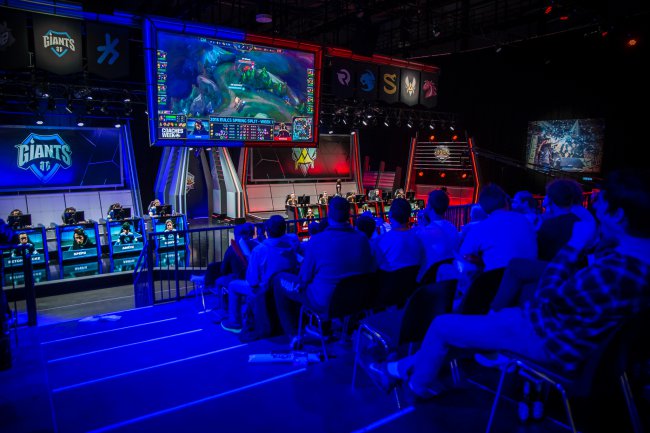
How the LCS is structured (or: what the hell is a split?)
The League of Legends year is divided into three parts: the spring split, the summer split, and the world championship in Fall, referred to simply as "Worlds". Each split is a sort of mini-season, consisting of nine weeks of group stage play followed by three weeks of playoffs. The top six teams from the group stage head to the playoffs. Besides competing for the glory of being the best team in Europe, placement in the playoffs also earns Championship Points, and those determine what teams get to go to Worlds. Whoever wins the summer split automatically qualifies.
How do teams get into the LCS?
While the top six teams in each split go to the playoffs, the bottom three end the split by playing in a relegation tournament. There, they face the top two teams from the Challenger Series, a talent-building league below the LCS. The three teams that make it out of that tournament play in the LCS the following split.
Making it to the Challenger Series is a different matter entirely, which involves lots of laddering in ranked five-man games and playing in a qualifier tournament.
LCS spots are valuable. Riot provides all LCS teams with a fixed salary for their players and coach, on top of whatever they earn from sponsorships and other sources of income. When Dignitas were forced to sell the team now known as Splyce, they received offers upwards of $500,000. Organisations that are struggling to get results and make things work have also been known to sell their LCS spots to new orgs, who are then free to build a new team with a new brand and line-up and still compete in the LCS.
What are the standings, who are the favourites, who's playing?
This is where things get interesting. The top of the EU LCS is currently split in a three-way tie between G2 Esports, Vitality and H2k Gaming, who are all sitting at 11-3 records before this week's games. That picture is almost guaranteed to change, however, as Vitality and G2 are facing each other while H2k plays Team Roccat. The latter game should be a certain victory for H2k, as Roccat is currently sitting in 9th place with a 3-11 record. Friday, G2 are playing last place team Giants Gaming, H2k are going against 7th place holders Splyce, and Vitality are facing Fnatic, who currently reside in 5th.
Interestingly, both G2 and Vitality are new teams who only joined the LCS this split. G2 were promoted from the Challenger Series with a squad lead by former Unicorns of Love player Kikis, who helped that team reach back-to-back playoffs. They picked up two Korean players, Trick and Emperor, before the beginning of the split began, and clearly that combination has made them a force to be reckoned with.
Vitality, on the other hand, are a brand new team that acquired Gambit Gaming's LCS spot. They're a squad of veteran players though, who all had at least a year of LCS experience before joining the team. Their most known player is Kasing, who helped bring H2k to Worlds last year.
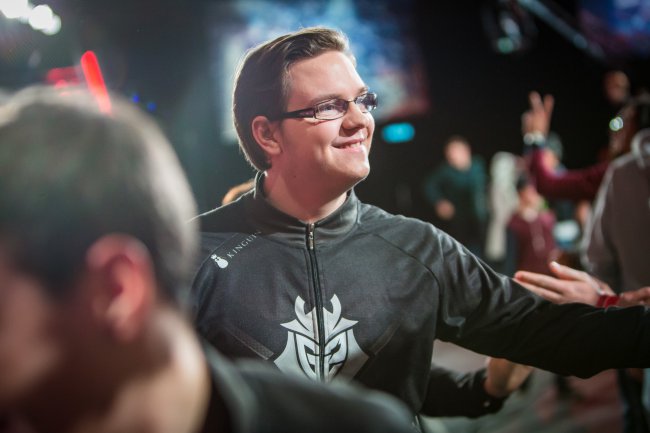
Speaking of H2k, they're familiar faces in the LCS at this point and have been posting consistent results since joining the league. The team finished third in both the spring and summer split last year, and made it to Worlds as mentioned. Their turn there was a short one, though, as they ended up facing Korean top team SK Telecom T1 and China's then-second best team Edward Gaming.
The team brought on several reinforcements after Worlds, including star player Forg1ven. While he had a miserable summer split with SK Gaming in 2015, he's been thriving with his new team and the leadership of coach Pr0lly. A recent scare with mandatory military service was solved last week, so Forg1ven can keep on playing.
Hot on their heels is Unicorns of Love, a team that made waves in the LCS last year with a highly chaotic play-style. They've had numerous roster changes since then, but visa issues and mid-split changes to the lineup haven't kept them from hanging in there.
The current occupants of the fifth and sixth place are quite surprising, on the other hand. Fnatic had a completely dominant summer split last year, not losing a single game through groups, and their performance at Worlds 2015 was as good as you could expect from any non-Korean team, reaching the semi-finals. They've lost several star players to US teams since then, including former Rookie of the Year, Huni, retaining only the core of Rekkles and Febiven. Though they've brought on two Korean players to up their game, they're still having issues taking games off of the leading teams, leading to a disappointing split for them.
Equally surprising is the fact that Origen have lost as many games as they've won. They finished second in the summer split group stage as well as the playoffs, where they became the only team to poke holes in Fnatic's armour. Their performance at Worlds was equally impressive, fighting through the regional qualifier gauntlet and ending up in the semi-finals against eventual world champions SK Telecom T1. Unlike Fnatic, Origen have mostly maintained the same lineup that got them to the world championship, with former Worlds winner and team owner xPeke stepping down to a substitute position and PowerOfEvil taking his place.
But despite Origen's issues and the question of whether or not they've found their groove yet, it's highly unlikely any of the lesser teams will knock them out of the top six. Both Splyce and Elements are sitting at 4-10 records with only four games remaining, so Origen will have to collapse completely for either of them to catch up.
When are games played?
LCS EU games are played Thursday and Friday evenings, beginning at 17:00 GMT/18:00 CET. They're broadcast on the official LOL esports Twitch stream, among other places.
How many leagues are there, anyway?
Riot runs the LCS leagues in both Europe and North America. We'll cover the NA LCS in a similar article before their second-to-last week of games begins on Saturday.
There are similar professional leagues, all of which send teams to Worlds, in Korea (LCK), China (LPL), and a joint league for Taiwan, Hong-Kong and Macau (the LMS). These are all Riot-sanctioned. Besides those, there are developing leagues in Brazil, Turkey, Japan and the CIS, Latin America and Southeast Asia regions.

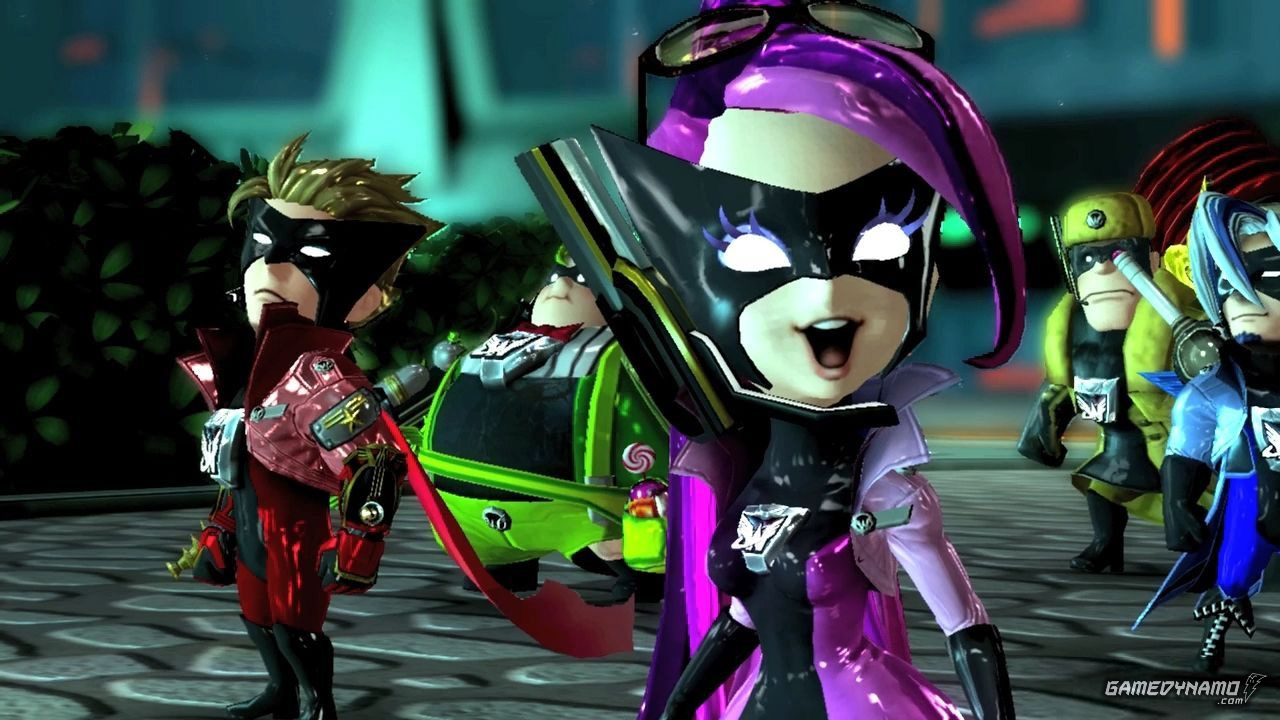
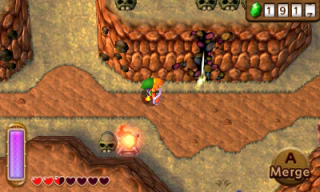

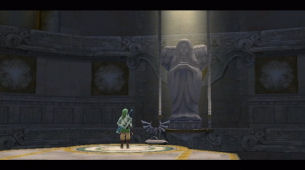 Skyward Sword Walkthrough – Lanayru Sand Sea –
Skyward Sword Walkthrough – Lanayru Sand Sea – 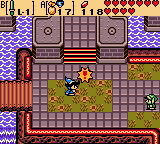 Oracle of Ages Walkthrough – Jabu-Jabu’s Belly –
Oracle of Ages Walkthrough – Jabu-Jabu’s Belly –  Ocarina of Time Walkthrough – Bottom of The Well –
Ocarina of Time Walkthrough – Bottom of The Well –  Guide: Sharing The Love With The Tomodachi Life Welcome Version
Guide: Sharing The Love With The Tomodachi Life Welcome Version Ocarina of Time Walkthrough – Inside Jabu-Jabu’s Belly –
Ocarina of Time Walkthrough – Inside Jabu-Jabu’s Belly –